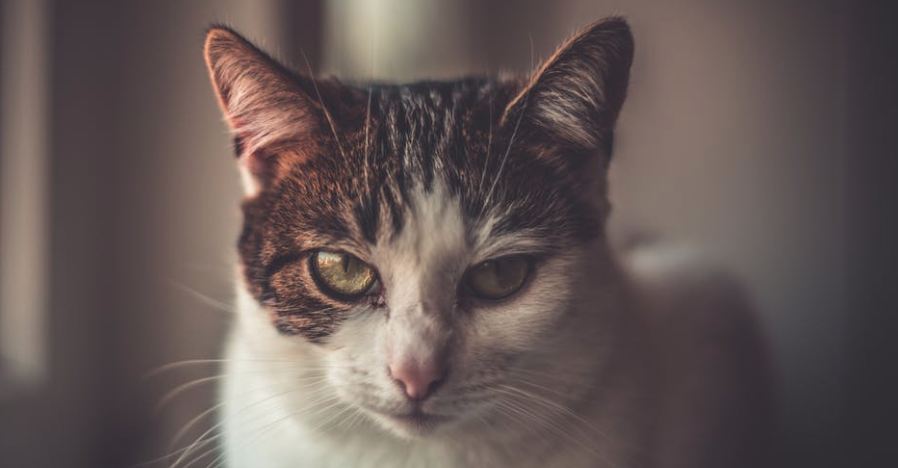
A seizure can be a scary event for those who witness a loved one experiencing one. Just like humans, our feline companions can also experience them too. A cat will typically experience their first seizure between the ages of one to four and have them throughout their life. However, occasionally an older cat may have a first seizure. These seizures will typically last from 30 to 90 seconds.
Types of Seizures
Mild Seizure – a mild seizure is typically located in one area of the body (example: twitching of the eye could be a mild seizure)
Grand Mal Seizure – grand mal seizures are severe seizures in which the animal loses consciousness. The cat will fall on its side. The body may go stiff or the legs may start working in a paddling-type movement. They may start drooling, making vocal noises, grinding teeth, and/or lose control of bladder or bowels.
**If a seizure lasts longer than 90 seconds, take your pet to the emergency vet immediately.
Causes of Seizures
Brain Issue – this could include a brain trauma, brain swelling, blood clots in the brain, hemorrhage, or if a seizure is new to an older cat, potentially a brain tumor.
Exposure to Toxins – this could include bacterial, viral, fungal, or parasitic toxins that directly affect the brain. This also could include exposure to a metal (lead, mercury) or chemicals (pesticides, herbicides, fertilizers, insecticides, antifreeze). Some flea and tick collars also can cause seizures due to the chemicals found on them.
Systemic Disease – this is when another area of the body is under stress and that particular area has a critical relationship to the brain. This includes but is not limited to high blood pressure, liver disease, and kidney disease.
Sound Triggers – new research is finding that certain sounds can trigger seizures in cats. These sounds are typically clicking, tapping, crinkling, pounding, and scraping sounds.
A Natural Approach on Seizures
When your pet is having a seizure, always make sure they have plenty of space and that they will not hit or fall off of something.
Diet – if your cat experiences seizures, slowly transitioning them to a ketogenic diet can help. This would include feeding them a lot of healthy fats, some protein, and some veggies. Avoid feeding your cat grains, sugars, starches, or any processed foods.
Herbs – Passionflower and Skullcap are known to calm an overactive nervous system.
Does your pet suffer from seizures? Are you concerned about toxins on the brain and nervous system? For more information on what you can do, contact PetMedella at 612-812-9121 or email us at info@petmedella.com and ask about our Hair & Saliva Wellness Scan.
